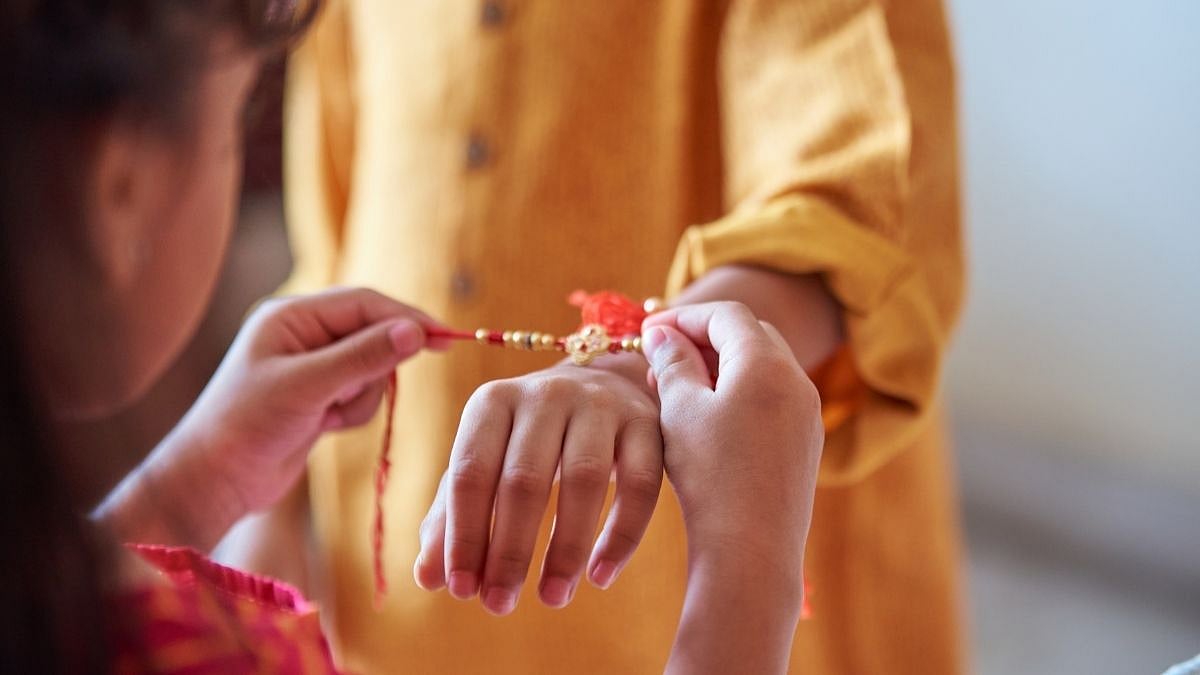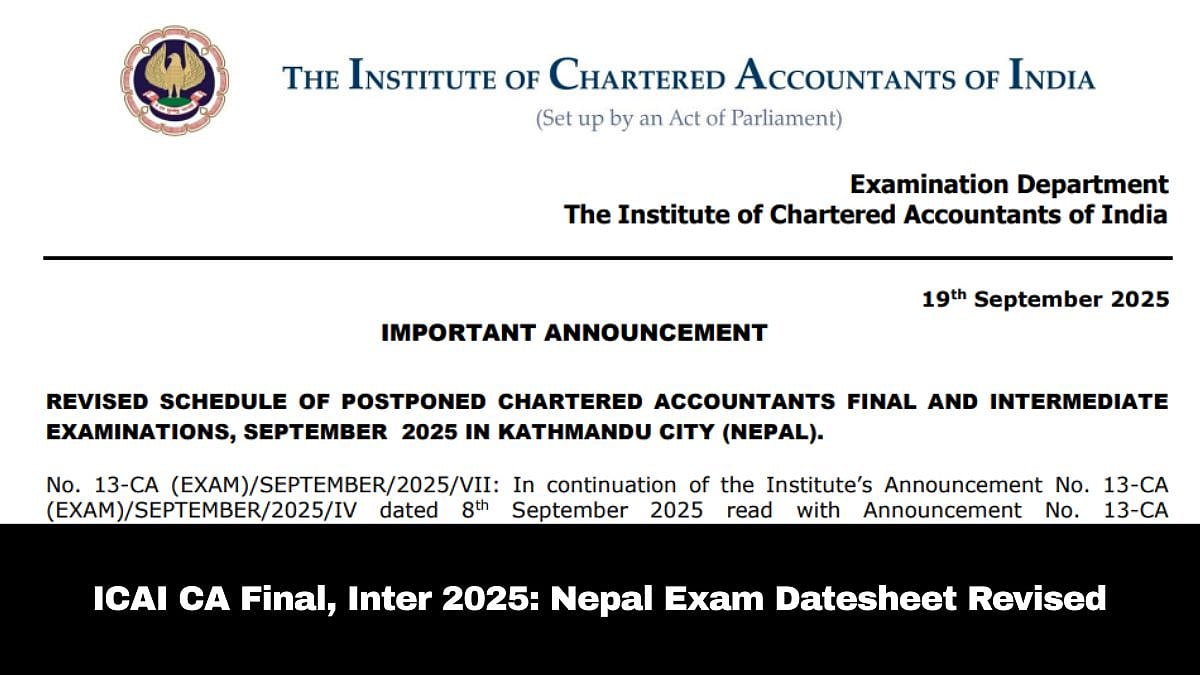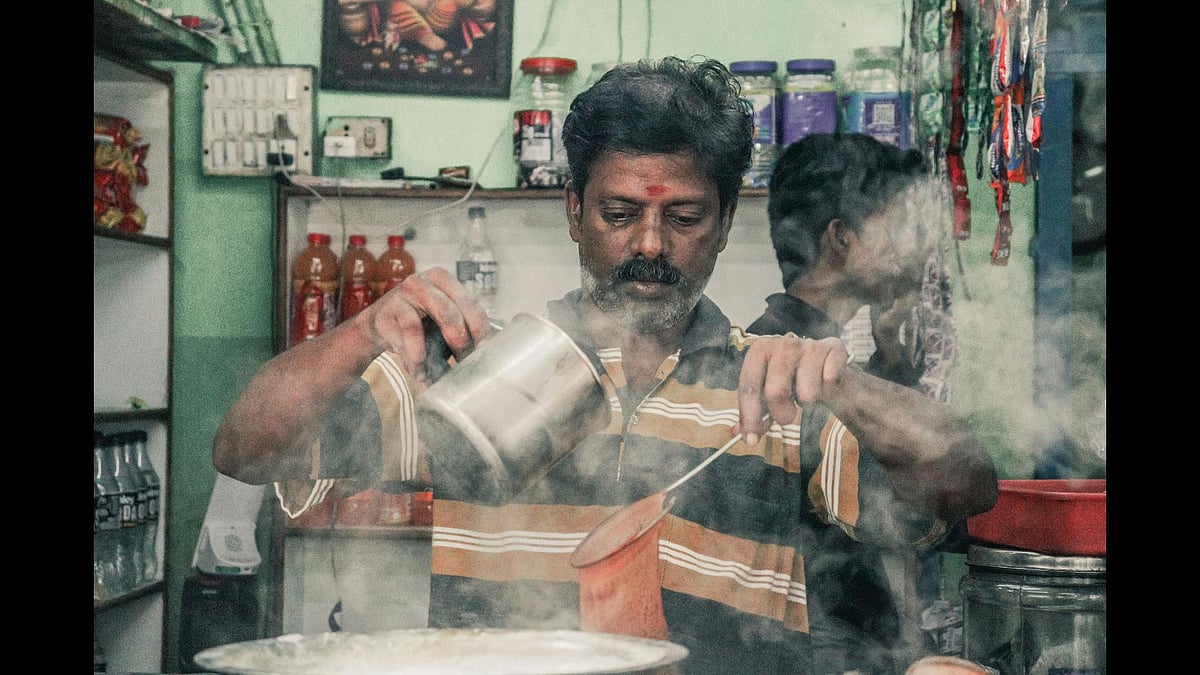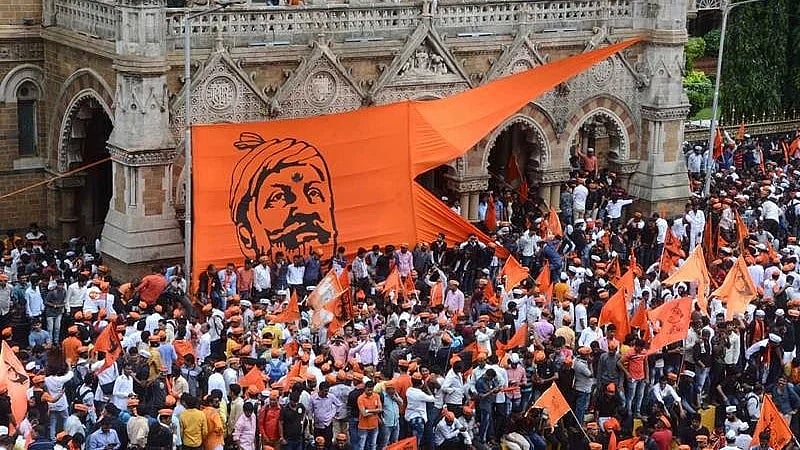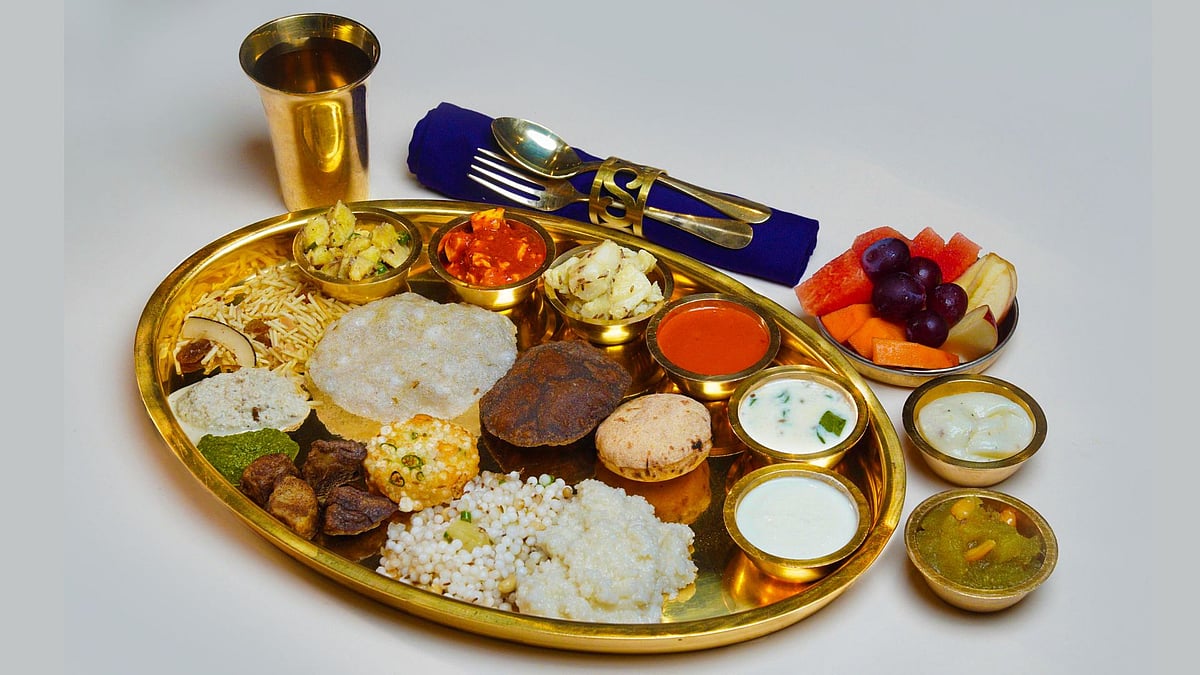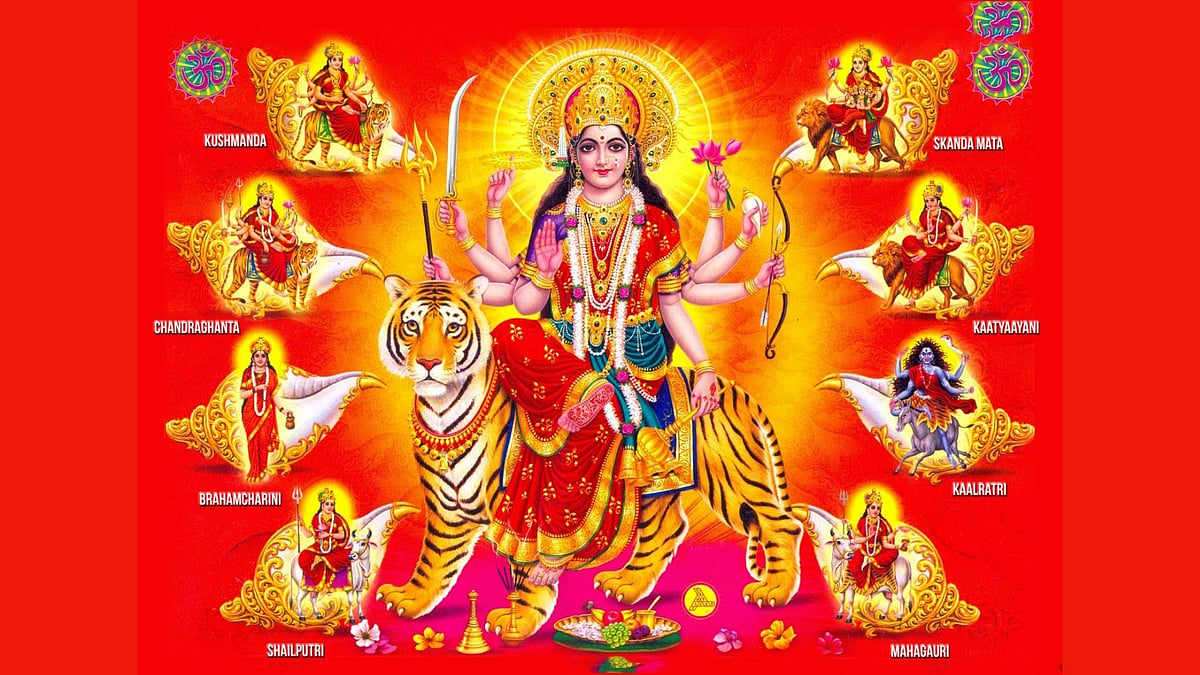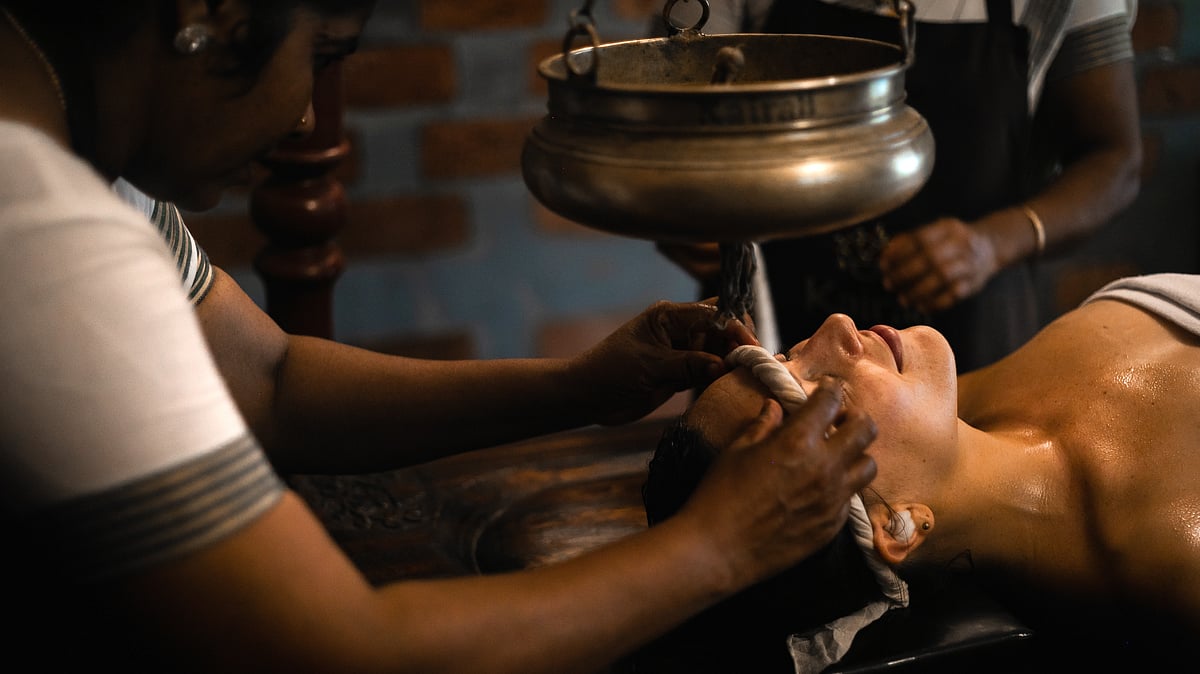Raksha Bandhan is one of those festivals that feels less like a ritual and more like a warm hug. A sister ties a simple thread on her brother’s wrist, and suddenly it carries the weight of love, care, and lifelong promises. But like most Indian festivals, Rakhi isn’t just one story—it’s many. Travel across India in the month of Shravan and you’ll find Raksha Bandhan woven into different traditions, each adding its own colour and meaning.
Maharashtra
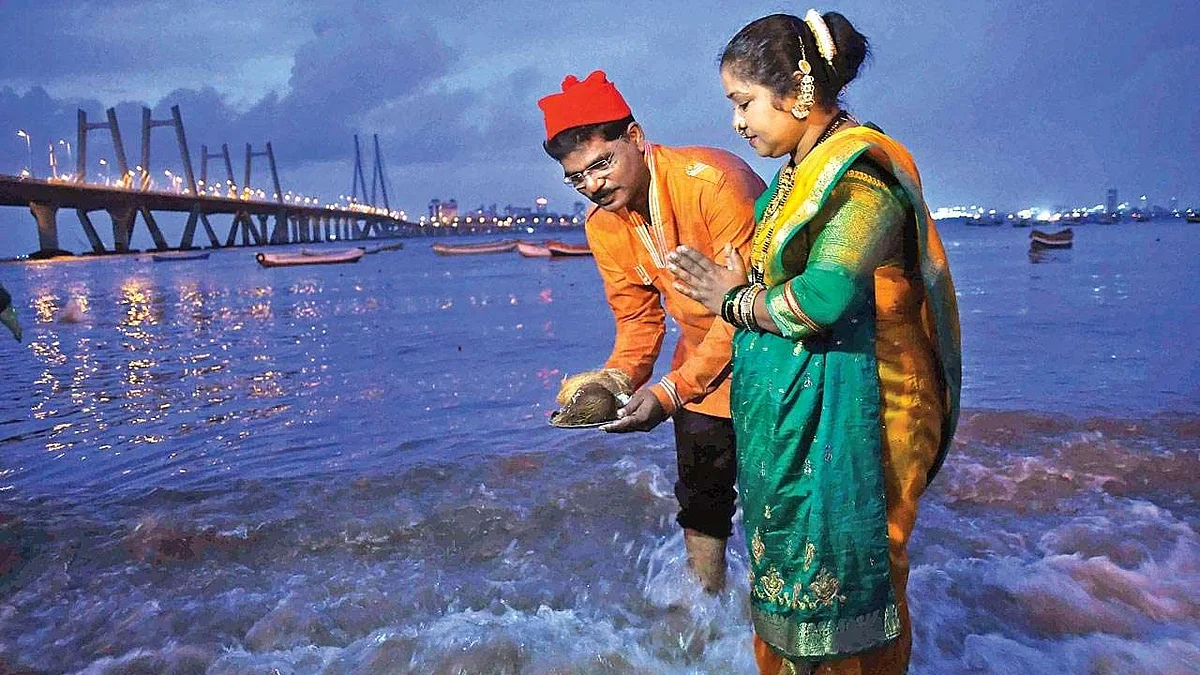
Pic: File photo
In coastal Maharashtra, especially among the fishing communities, Raksha Bandhan coincides with Narali Purnima—the day when the monsoon begins to recede. “Naral” means coconut, and “Purnima” is the full moon. On this day, fishermen offer coconuts to the sea as a gesture of gratitude and seek blessings for safe voyages and bountiful catches. Sisters still tie rakhis to their brothers, but the celebration expands to include a deep reverence for nature and water, both protectors and providers for the community. It's a day of spiritual cleansing, family gatherings, and sweet coconut-based delicacies.
Rajasthan
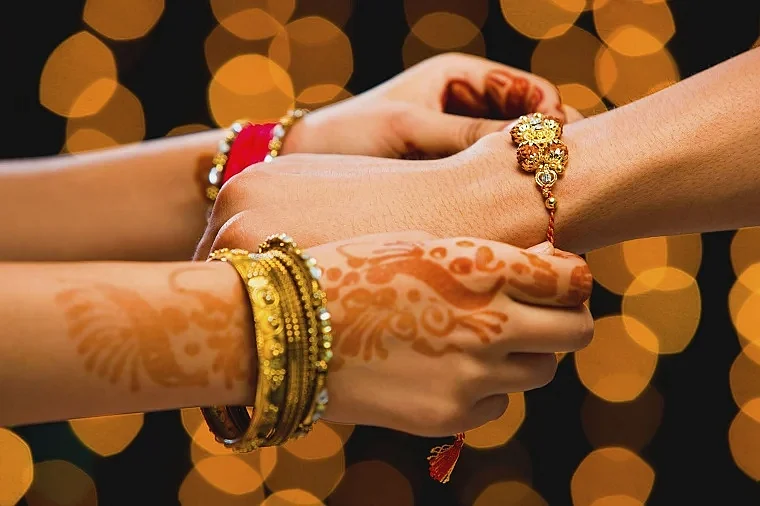
Pic: File photo
In Rajasthan, the festival gets a thoughtful twist with the tradition of Lumba Rakhi. Here, sisters not only tie rakhis to their brothers but also to their bhabhis—their brothers’ wives. The belief is simple yet profound: a family’s well-being and unity also depend on the woman of the house. The Lumba rakhi, often fancier and hung on bangles, signifies that the sister’s blessings and protection extend to her brother’s entire household. Lumba Rakhi is a significant tradition originating from the Marwari and Rajasthani communities, beautifully highlighting the role of women as nurturers and protectors in the family structure.
Odisha

Pic: ANI
In Odisha, Raksha Bandhan is celebrated as Gamha Purnima, marking the birthday of Lord Balabhadra (brother of Lord Krishna). The festivities here are an elegant blend of mythology and family bonding. Sisters tie rakhis to their brothers, and special prayers are offered to Lord Balabhadra, symbolising strength and protection. On Gamha Purnima, cows and bullocks are also worshipped in many regions of Odisha. The festival is marked by a unique local sport known as Gamha Diyan, which is one of the highlights of the celebration. Gamha Purnima, observed as the birth anniversary of Lord Baladeva, has also embraced the observance of Raksha Bandhan—blending local traditions with the larger Rakhi festival celebrated across North India. This mix of rituals symbolises the strong cultural ties and evolving traditions that continue to define Odisha’s vibrant heritage.
West Bengal
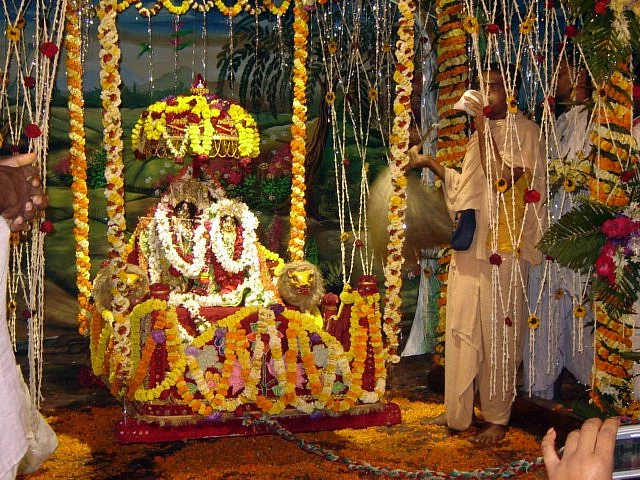
Pic: Flickr
In West Bengal, Rakhi overlaps with Jhulan Purnima, a devotional festival dedicated to Lord Krishna and Radha. Idols of the divine couple are placed on elaborately decorated swings (jhulas), and devotional songs, dances, and processions mark the celebration.
This day also marks the end of the five-day ritual of Lord Krishna and Radha swinging on a jhula. The festivities kick off on Pavitra Ekadashi and end on Raksha Bandhan, which falls on the full moon day. The swings, adorned with vibrant flowers and intricate designs, become the highlight of celebrations, especially at the ISKCON temple in Mayapur, where the festival is marked with music, devotion, and a joyous atmosphere. While the exchange of rakhis between siblings happens, the focus is also on expressing love, devotion, and the joy of togetherness.
Tamil Nadu & Kerala
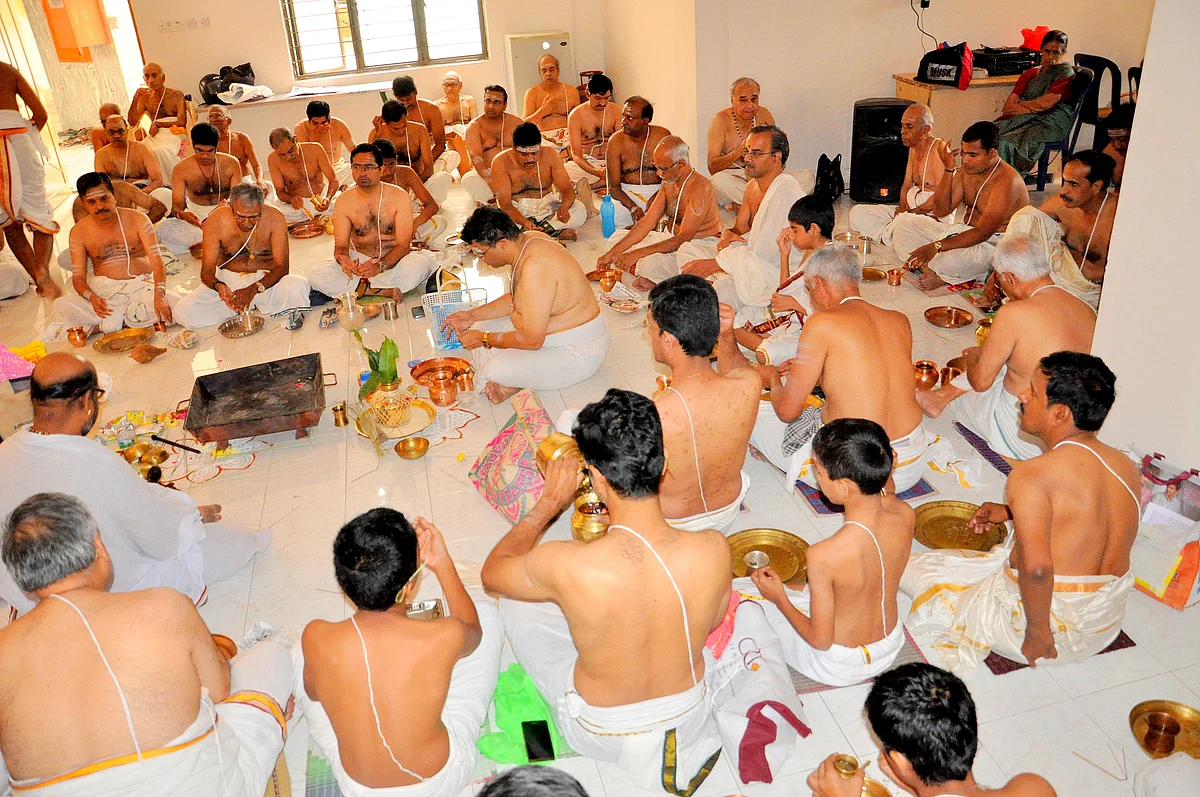
Pic: Flickr
In southern states like Tamil Nadu and Kerala, Raksha Bandhan isn’t traditionally celebrated in the north Indian style, but the full moon of this season brings Avani Avittam for the Brahmin community. On this auspicious day, men change their sacred thread (yajnopavita) in a ceremony that signifies spiritual renewal and commitment to righteous living. While it may not involve the rakhi, the theme of responsibility, duty, and protection aligns with the core spirit of Raksha Bandhan. It’s a time when men reaffirm their roles as protectors and spiritual seekers in their families and communities.
Festival of many meanings
What makes Raksha Bandhan so special is not just the tying of a thread—it’s the symbolism behind it. It’s about promises of protection, heartfelt blessings, shared memories, and the joy of belonging. Each version of the festival reminds us of the same universal truth: that love, care, and unity are worth celebrating.
